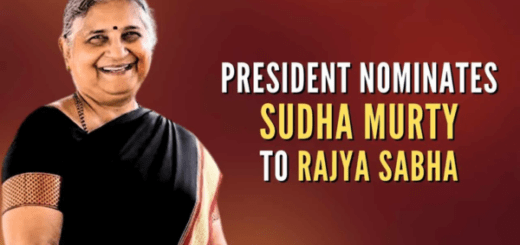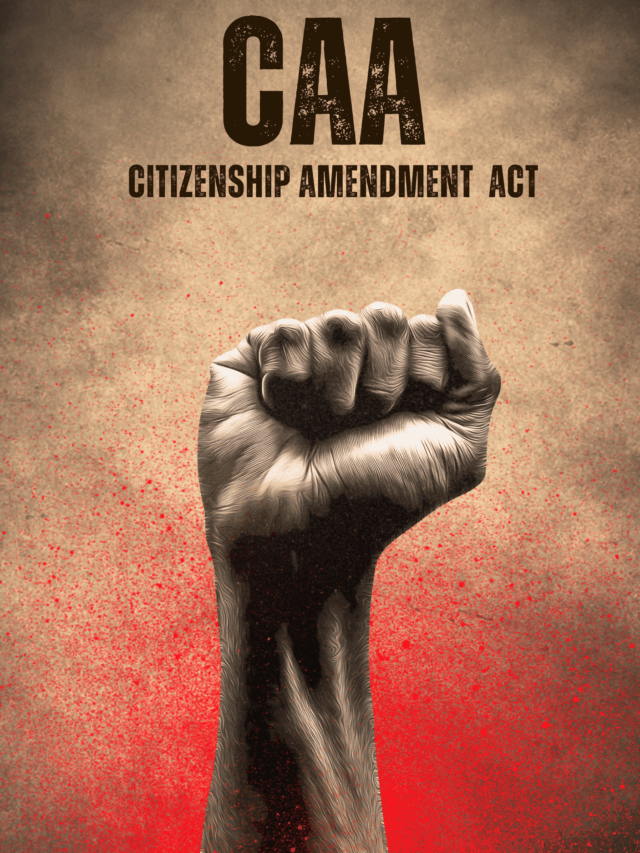Lok Sabha Elections 2024 – A complete guide
by ifadmin · Published · Updated
Around 100 crore Indians will cast their vote in Lok Sabha elections 2024. And it is also known to be the world’s biggest election to select the Prime Minister of India and MPs (Member of Parliament). First and second phase of elections already started on 19th April and 26th April. It is a 44 day long election process to be carried out in 7 phases in all states and union territories across the country.
Table of Contents
ToggleWhen is India’s Lok Sabha Elections 2024?
Election will take place across 28 states and 8 union territories in seven phases. First and second phase already took place on 19th and 26th April respectively. 3rd, 4th, 5th, 6th and final phase will be conducted on 7,13,20,25 of May and 1st of June respectively. Every phase of elections will be of 1 day only and conducted across variety of states and remote villages of the country.
Phase | Date | Constituencies | States/UTs |
Phase 1 | April 19 | 102 | 21 |
Phase 2 | April 26 | 89 | 13 |
Phase 3 | May 7 | 94 | 12 |
Phase 4 | May 13 | 96 | 10 |
Phase 5 | May 20 | 49 | 8 |
Phase 6 | May 25 | 57 | 7 |
Phase 7 | June 1 | 57 | 8 |
Political Parties, recent statistics and current scenario
131 seats are reserved for MPs from Scheduled Castes and Scheduled Tribes in lower house.
Election Commission of India stated that there must be a polling booth for every voter in the radius of 2km. This is due to the hard task for Himalayan people to travel far from mountains to polling booth to cast their vote. Same applies for the western desert places too.
Mr. Narendra Modi said this as “Biggest Festival of Democracy”.
Why it takes 44 day long to complete electoral process?
A group of poll officers traveled 480 kilometers over four days to reach a solitary voter in a village in the remote state of Arunachal Pradesh, which shares borders with China, during the last general election.
India also has the highest polling station in the world, which was made feasible by a group of officials who hiked 15,000 feet via the Himalayas to set up a booth.
Powers of Lok Sabha
1. It can hold the government accountable by introducing or by passing no confidence motion.
2. Constitutional Powers – Lok Sabha has the power to change the constitution but the fact is special majority of both the houses of parliament is needed to do this. But Lok Sabha is powerful among the both the houses.
3. Legislative Powers – Lok Sabha can create laws that govern the country.
4. Executive Powers – Lok Sabha has the power to remove all the council of Ministers.
5. Financial Powers – Tax collection is impossible without the approval of Lok Sabha





